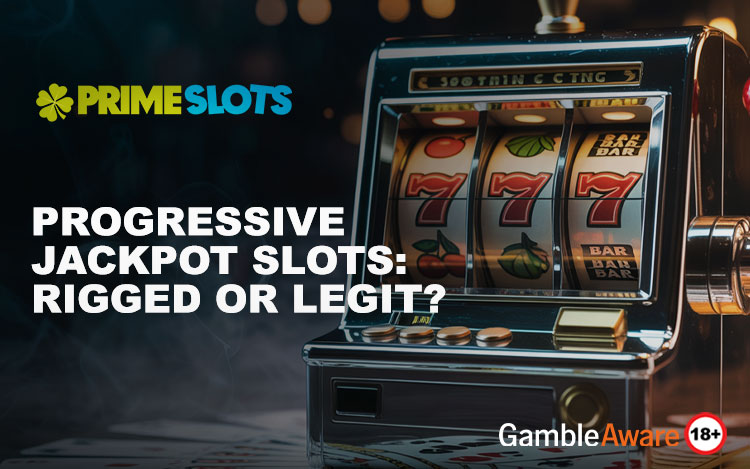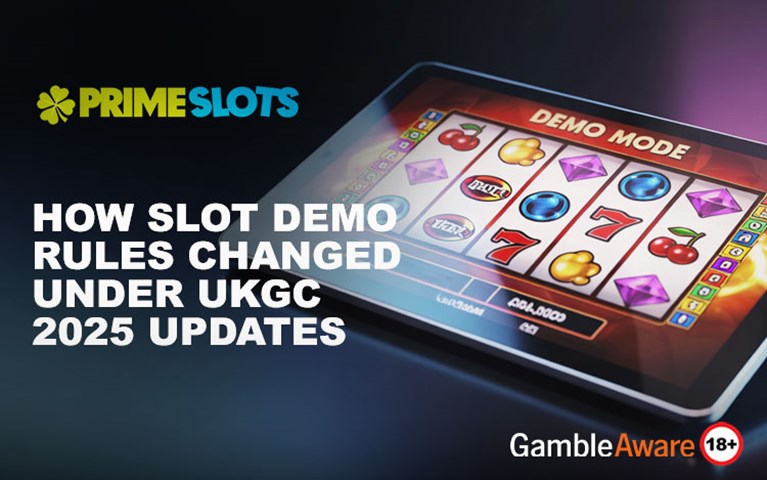Many players are drawn to progressive jackpot slots because of the potential for large payouts. These games accumulate prize pools over time, sometimes reaching millions, which naturally leads to questions about fairness. Some wonder if the system is designed to prevent players from winning or if casinos have control over when jackpots drop.
In this article, we’ll examine how progressive jackpot slots work, whether they are fair, and the factors that influence the outcome of each spin.
Where Does the Money Go?
Unlike standard slot machines with fixed payouts, progressive jackpot slots pool a portion of every wager into a growing prize fund. This continues until a player hits the jackpot, at which point the prize resets.
Progressive jackpots come in different forms:
Standalone Progressives – The jackpot builds only on one machine or game.
Local Progressives – These are linked within a single casino or operator.
Wide-Area Progressives – These jackpots connect multiple casinos, allowing for larger prize pools.
With such large sums involved, it’s understandable that some players question whether the odds are fair.
Are Progressive Jackpot Slots Rigged?
The simple answer is no, provided the game is hosted by a licensed and regulated casino. Here’s why:
Regulation and Licensing
Legitimate online casinos operate under strict regulations set by organisations like the UK Gambling Commission (UKGC), the Malta Gaming Authority (MGA), and the Gibraltar Regulatory Authority. These bodies ensure that slot games, including progressive jackpots, function fairly and transparently.
Random Number Generators (RNGs)
Progressive jackpot slots use Random Number Generator (RNG) technology, which produces unpredictable results for every spin. This prevents any tampering by casinos or players. Independent agencies such as eCOGRA, iTech Labs, and Gaming Laboratories International (GLI) test and verify RNGs to confirm that they produce random outcomes.
House Edge and Return to Player (RTP)
Like all casino games, progressive jackpot slots are designed with a house edge, which ensures that the casino makes a long-term profit. However, this does not mean the game is unfair—only that, over time, the casino retains a small percentage of all bets.
Most progressive slots have an RTP (Return to Player) of 88% to 96%, meaning a portion of all wagers goes back to players in the form of winnings. Because part of each bet contributes to the jackpot, regular payouts in progressive slots are often smaller than those in non-progressive slots.
Why Do Some Players Think Progressive Jackpot Slots Are Rigged?
Even with the safeguards in place, some players believe that progressive jackpot slots are unfair. This usually comes down to a few common misconceptions:
Jackpot Wins Are Infrequent
Because progressive jackpots can reach very high amounts, the odds of winning are extremely low. In some cases, the probability of hitting the top prize is 1 in tens of millions. This can create the impression that the game is unwinnable, even though the results are purely random
Winning Players Are Rarely Seen
Unlike smaller wins that occur frequently, progressive jackpot payouts happen less often and are sometimes won by players at other casinos. This leads some to believe that no one is actually winning, even though winners are documented.
Delayed Payouts
Casinos often conduct thorough checks before paying out a jackpot, which can cause delays. While this is a security measure to prevent fraud, some players interpret it as evidence of rigging.
Want a Shot at a Jackpot?
While you can't control when a progressive jackpot will drop, there are strategies to make the most of your gameplay. First, always choose a licensed casino like Prime Slots to ensure fair play and secure payouts. Understanding the game’s rules is also crucial, as some progressive slots require a maximum bet to qualify for the jackpot—missing this detail could mean missing out on a potential win.
Additionally, checking the Return to Player (RTP) percentage can help, as some games offer better long-term payout potential than others. Managing your bankroll wisely is another key factor; since progressive jackpots have long payout cycles, setting a budget can prevent unnecessary losses.
Finally, consider playing smaller jackpot games, as they tend to pay out more frequently than massive, multi-million-pound prizes. By making informed choices, you can maximise your chances of success while playing progressive jackpot slots.
Winning Big or Just a Myth? What Prime Slots Wants You to Know
So, are progressive jackpot slots rigged? No, not when played at licensed and regulated casinos. These games operate using RNG technology, which ensures fairness, and are monitored by independent auditors to prevent manipulation.
That said, progressive slots have low win probabilities for their jackpots, which can make them feel difficult to win. If you choose to play, it’s important to do so responsibly and understand the nature of the game.
If you're looking for a place to try real money slots, consider playing at reputable casinos like Prime Slots, where you can enjoy a variety of progressive games in a safe environment.












